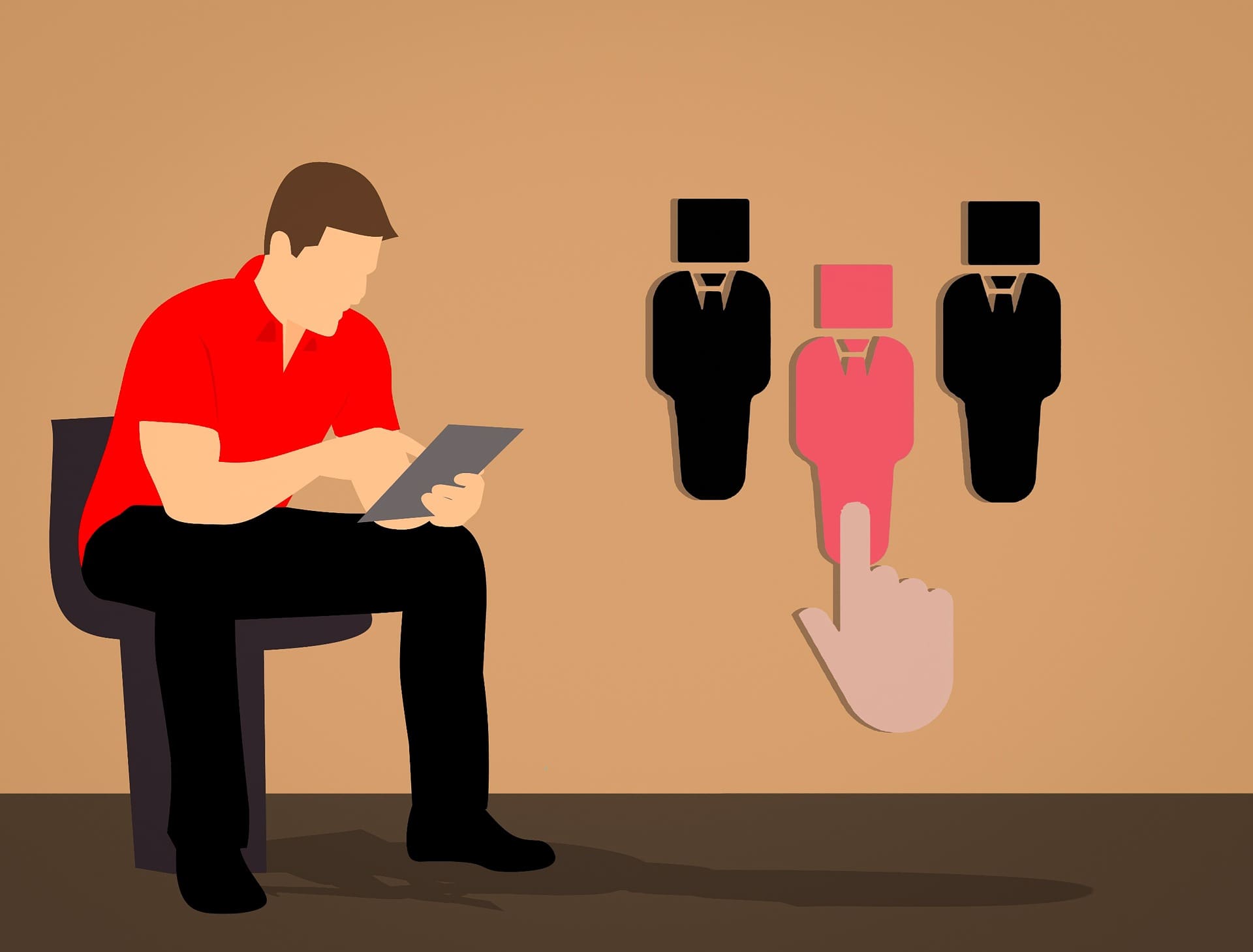
With the competitive labor market, it can be tempting to rush through the interview process as you may be grateful simply to have a prospect who kept their interview appointment. However, taking the time to use the job interview to truly vet your candidates can result in you finding a new hire who is more likely to stay long-term.
Traits to Look For
While ideally, you’d like an employee who already is skilled in some of the work you do, these duties can be trained. What is much harder to train are soft skills such as leadership, problem-solving, dependability and teamwork.
A job interview serves as a way to assess whether a candidate is a good cultural fit for your company. Some traits to look for include:
– Long-term potential – Is the candidate voicing a desire for long-term advancement opportunities and professional growth?
– Teachability – Is the candidate expressing a willingness to learn whatever skills they don’t currently possess?
– Responsiveness – Is the interview candidate saying, “thank you” and “you’re welcome” and responding thoughtfully to the questions? This indicates they have proper social interaction skills and indicates how they will interact with peers and customers.
– Positive attitude – Is the candidate enthusiastic about the opportunity? Are they complaining throughout the interview about a previous job?
– Team player – Is the candidate giving credit to others when recounting projects they have worked on that required collaboration?
Consider what soft skills matter the most for certain positions and focus on looking for those during the interview.
Questions to Ask
The best way to get a feel for a candidate’s soft skills is to ask behavioral questions, which require the interviewee to detail specific situations and how they responded to them. Tailor your behavior questions to your company and the specific role the job is for. During an interview, take care that your questions focus on the behaviors, skills and experience needed to perform the job, as there are some questions that have the potential to make your company liable in an Equal Employment Opportunity Commission lawsuit.
Below are some examples of behavioral questions:
– Have you had to work with someone whose personality was particularly different than yours? How did you make it work?
– Have you ever been in a situation when everything did not go according to plan? How did you react and what was the outcome?
– How did you handle an urgent problem when your supervisor or manager was away?
– How do you cope when you have too much work on your plate?
– How do you respond to constructive criticism?
– Can you tell us about a time when you disagreed with your manager’s directions or priorities? How did you respond?
Practices to Implement
One way to determine an applicant’s desire for the position is to have more than one interview. By starting with a phone interview and possibly two follow-up in-person interviews you can help narrow down who is sincere and truly wants the job. Other applicants may see this as simply too much effort and drop out.
Including additional coworkers on the interview who may be working with the new hire can help ensure they are a good fit with your company. If you ask your applicants for references, actually take the time to contact them. Most references won’t say anything overtly negative about a candidate but if their responses aren’t particularly favorable either, this might be a red flag.
Find tools and resources for hiring and recruiting in our Human Resources Toolkit.

